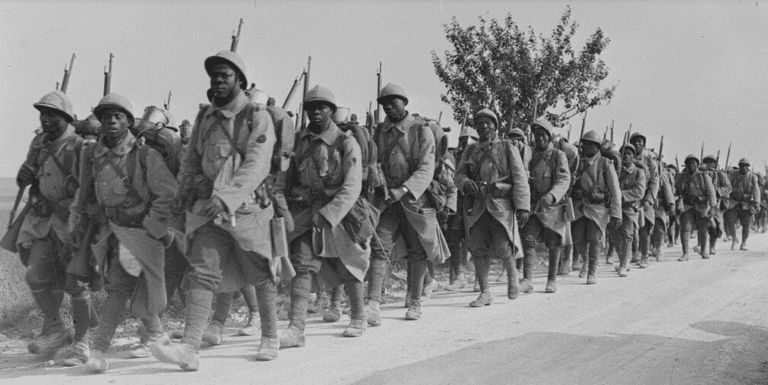The exhibit, titled “Echoes of the Past: Discovering the Intangible Cultural Heritage,” features recordings from Senegalese soldiers held captive in German prison camps during World War I. These recordings, preserved in the archives of the Berlin Ethnological Museum, offer a glimpse into a forgotten chapter of Senegal’s history.
One particularly striking recording features a Senegalese prisoner singing a lament in Wolof, the most widely spoken language in Senegal. The raw emotions and unfamiliar words captivated the audience, sparking discussions about the evolution of the language and the importance of preserving cultural heritage.
Massamba Gueye, the exhibition’s curator, emphasized the significance of these recordings: “The Senegalese identity is deeply rooted in language, traditions, and social events. These recordings are a vital part of our intangible heritage, and they offer a powerful connection to our ancestors.”
Gueye urged former colonial powers to collaborate in returning such cultural artifacts to their rightful place. “Sharing this heritage can help bridge the gap between cultures and promote reconciliation,” he said.
The exhibit also features recordings made by German researchers at a Berlin entertainment center in 1910. These recordings provide insights into the lives of Senegalese soldiers before and during their captivity.
The discovery of these recordings has sparked a collaborative effort between the Museum of Black Civilizations and the Berlin Ethnological Museum. Researchers aim to identify the individuals featured in the recordings and the specific communities they represent. Through digitization and community outreach, they hope to make this heritage accessible to future generations.
For many visitors, the exhibit has been a deeply emotional experience. Cheikh Mbake Diop, a young film student, shared his reaction: “Listening to these recordings, especially the prayer, was very moving. This is a part of our history that needs to be shared and understood.”
The “Echoes of the Past” exhibit continues until June 21st in Dakar. It offers a powerful reminder of the importance of preserving cultural heritage and the enduring impact of historical events.
fss/abj/APA with AFP


